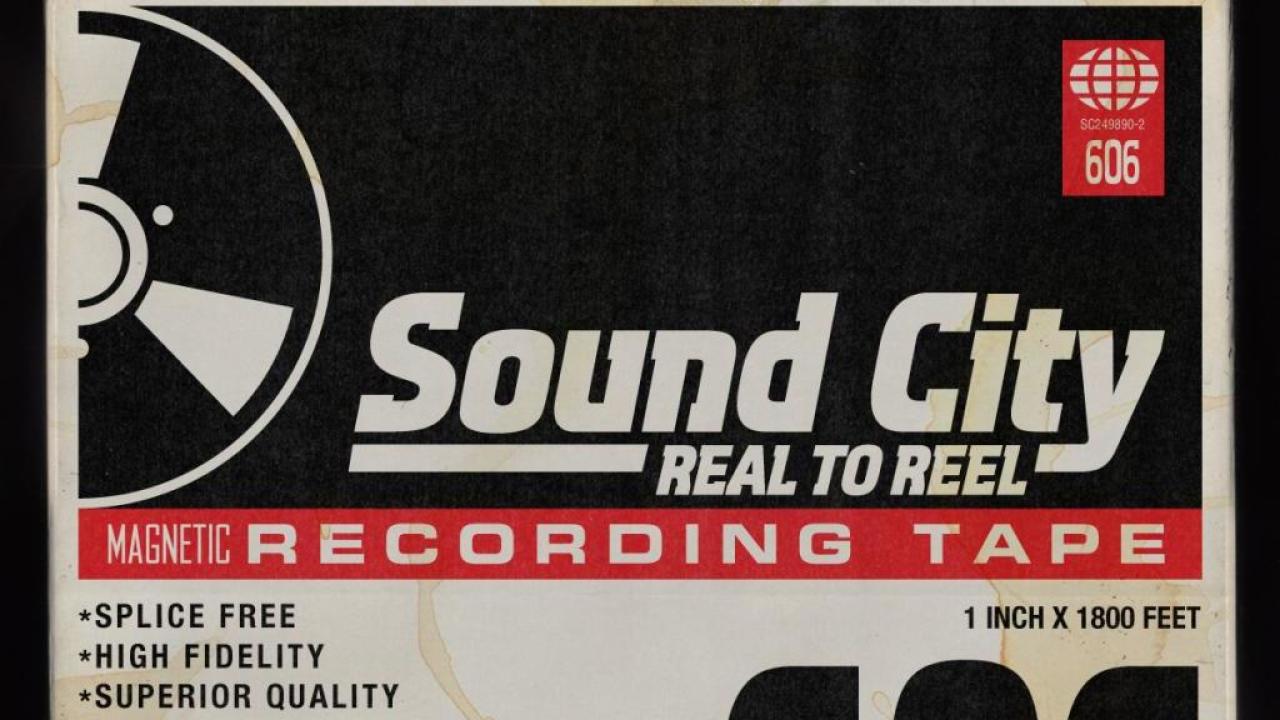The conceit behind this companion piece to Dave Grohl’s Sound City documentary is rather sweet. While chronicling the rise and fall of the storied Van Nuys recording studio where Nirvana’s Nevermind, Tom Petty’s Damn The Torpedoes and a host of other classic albums were committed to tape, the Foo Fighters frontman cajoled a bunch of musicians who had worked at Sound City into collaborating on fresh material, utilising the fabled Neve console originally housed at the studio and now installed at his own 606 complex. His intentions were pure: to demystify the songwriting process and showcase the spontaneous human connections which underpin the greatest art.
Ironically, the most talked-about collaboration on the album, with Paul McCartney joining Grohl and former Nirvana colleagues Krist Novoselic and Pat Smear, is arguably its weakest track. On paper, the notion of a former Beatle thrashing out Zeppelin-esque riffs with grunge’s premier rhythm section sounds mindblowing, but in reality, Cut Me Some Slack, while clearly huge fun for the players involved, is a mediocre jam which wouldn’t have made the cut on Grohl’s Them Crooked Vultures album.
Infinitely better are the slow-burning From Can To Can’t – which fuses the talents of Slipknot’s Corey Taylor, Cheap Trick’s Rick Nielsen, Grohl and former Kyuss bassist Scott Reeder to majestic effect – and the shimmering, hypnotic and rather beautiful Mantra, on which Grohl reunites with long-time friends Josh Homme and Trent Reznor.
Elsewhere, Real To Reel resembles a killer pub jukebox, switching from garage rock (Heaven And Hell, with Black Rebel Motorcycle Club duo Peter Hayes and Robert Levon Been) to power pop (The Man That Never Was, fronted by Rick Springfield) to full-tilt punk (Your Wife Is Calling, helmed by Fear’s irascible Lee Ving) without missing a beat. But it’s the classy You Can’t Fix This, an eight-year-old Grohl song updated with a Stevie Nicks lyric inspired by the death of her teenage godson, that gleams brightest, with the former Fleetwood Mac singer in spellbinding form.
In an open letter to fans earlier this year, Grohl loftily declared the Sound City project his “life’s most important work”. And if its soundtrack falls short of being the finest album in his rich canon, it’s an undeniably intriguing and often inspired collection, shining with genuine heart and humanity.

